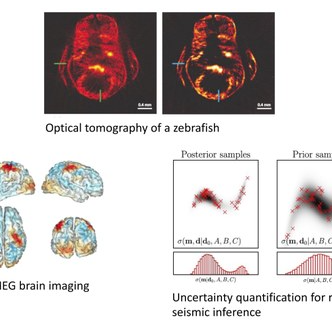Eleni Chronopoulou
Faculty of Architecture and the Built Environment Eleni completed her master’s degree Architecture, Urbanism and Building Science in the summer of 2018. Her thesis explores how landscape architecture has the capacity to work as an integrative common ground, bringing together conflicting notions such as natural and engineered, formal and informal, concept and reality, process and form, the designed landscape and the practices of everyday life. Eleni researched the landscape of Kifissos, a heavily abused river area in Athens, Greece. This area has become part of the city’s infrastructural network, functioning as a highway and a sewage collector. The once natural dynamic river banks are now replaced with strict concrete boundaries, expressing a conceived necessity to dominate nature. Eleni describes the case of Kifissos as oppositions of uncontrolled dynamic natural processes and an over-controlled landscape. The oppositions are addressed in her graduation work through an alternative reading of the existing landscape sustained by theory, in search for latent conditions of coexistence. Extracted from their habitual settings, Eleni translated these conditions into design concepts. This combination has resulted in a flexible landscape architectural framework that integrates social, environmental, and technical aspects. Her thesis was rewarded with the highest possible grade (10). “Eleni’s thesis is an outstanding contribution to the discipline of landscape architecture, combining theory and design in a clever innovative way.” Graduation committee – Dr Inge Bobbink, Dr Esther Gramsbergen, Alexander de Ridder MSc Thesis synopsis Kifissos is an abused urban river in Athens: a heavily polluted landscape suffering from deadly flood events that have been escalating together with the city’s growth. The river’s containment within concrete boundaries reflects a conceived necessity to over-control unpredictable natural dynamics, reflecting an opposition between man and nature. Furthermore, the unnegotiable linearity of the river results in one more division: between rich, formally designed neighbourhoods and poor districts which have grown informally, outside the control of urban plans. To address these oppositions, the design starts from an excavation on the existing site, investigating the common grounds between conflicting notions: between natural and engineered, formal and informal, the designed landscape and the practices of everyday life. The extracted conditions of coexistence are translated into design tools able to incorporate social, environmental, and technical aspects closely related to the realities of the existing milieu.






